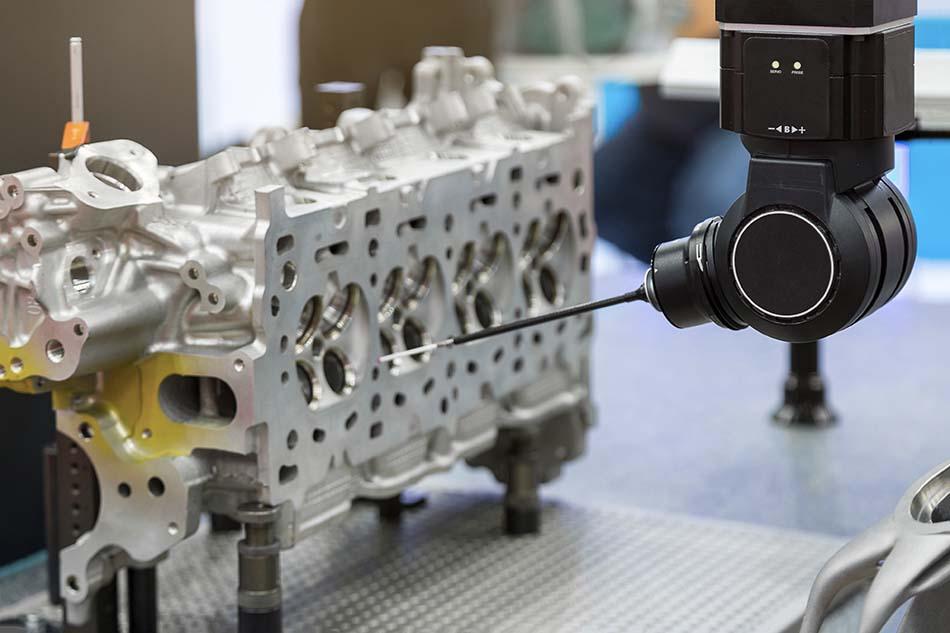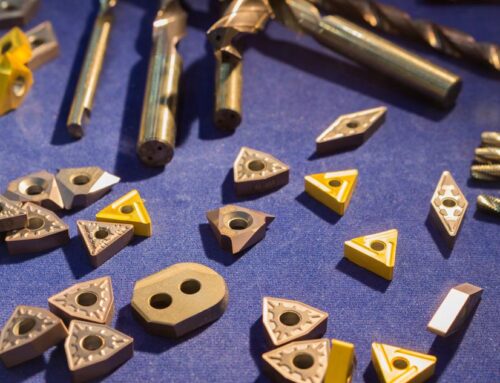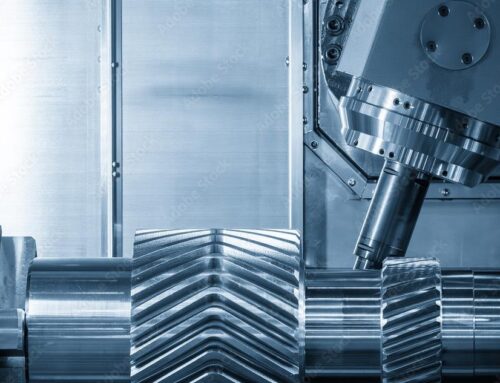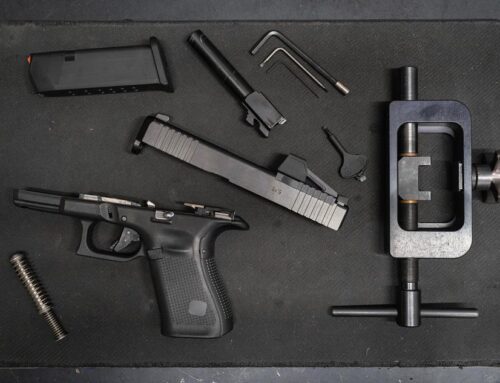How Tight Tolerances Influence Manufacturing Costs
Share Post

How Tight Tolerances Influence Manufacturing Costs
Making things with high precision can be expensive. Tight tolerances, which are tiny allowed differences in a part’s measurements, are crucial in industries like aerospace, cars, and medical devices. These precise measurements ensure products work correctly, but they also add to manufacturing costs. In this blog, we’ll explain how these affect costs, why they’re needed, and how manufacturers can save money while keeping precision.
What Are Tight Tolerances?
Tolerances are the small differences allowed in a part’s size. Tight tolerances mean very tiny differences, often measured in micrometers. For example, a part with a tolerance of ±0.01 mm needs extremely careful production to meet these requirements.
Tight tolerances are important when the parts must fit together perfectly, the product will experience stress or movement, and safety and performance are critical.While tight tolerances ensure excellent results, they can make manufacturing harder and more costly. The tighter the tolerance, the more effort and precision machines are required to produce the part.
How Tight Tolerances Impact Costs
- More Time to Make
- Making parts with tight tolerances takes longer because machines need to run slower to avoid mistakes.
- Extra steps like grinding or polishing are often required to achieve the desired accuracy.
- Special Tools and Machines
- Producing tight tolerances requires advanced tools that cost more.
- Specialized machines like CNC equipment or EDM (electrical discharge machining) are needed, which are more expensive than standard machines.
- Contract manufacturers often rely on these precision machines to meet required tolerances.
- Higher Waste
- If a part doesn’t meet the tight tolerance, it can’t be used.
- This leads to wasted materials and added costs for replacements. Using looser tolerances for non-critical parts can help reduce waste.
- Faster Tool Wear
- Tools wear out quickly when used for precise cutting.
- Replacing tools frequently adds to manufacturing costs and increases production costs over time.
- Extra Inspections
- Parts with tight tolerances need careful checks to ensure they’re correct.
- Advanced inspection tools, like coordinate measuring machines (CMMs), are often required, which are expensive.
- Costlier Materials
- Materials like high-strength metals are better for tight tolerances but cost more.
- Using premium materials increases overall production costs but can improve the surface finish of the final product.
Why Tight Tolerances Are Necessary
Even though tight tolerances cost more, they are essential in many industries. Here’s how tight tolerances influence manufacturing costs:
- Ensuring Products Work
- In critical industries, even tiny errors can cause a product to fail.
- For example, in airplanes, every part must fit perfectly to work safely under extreme conditions. Parts fit better when tolerances require precise machining.
- Meeting Industry Rules
- Some industries, like medical devices, have strict rules that require tight tolerances.
- Following these rules avoids legal problems and ensures safety. Product design must include consideration of required tolerances to meet these standards.
- Improving Durability
- Parts with tight tolerances last longer because they fit better and experience less wear.
- For instance, a bearing with perfect measurements will reduce friction and extend a machine’s life.
- Better Quality
- Tight tolerances make parts look and work better.
- High-quality parts build customer trust and improve a company’s reputation.
Balancing Precision and Cost
Not all parts need this specific kind of tolerance. Manufacturers can save money by focusing precision only where it’s necessary. Here’s how:
- Check Part Needs
- Identify which dimensions must be precise and only use tight tolerances there.
- Dimensions that don’t affect the part’s performance can have looser tolerances, saving time and money.
- Use Modern Machines
- New CNC machines can handle tight tolerances efficiently and reduce waste.
- Simulation tools can predict problems before production starts, saving resources. Contract manufacturers often use these tools to improve production efficiency.
- Pick the Right Materials
- Choose materials that are easier to work with but still meet the product’s needs.
- Avoid using overly expensive materials unless absolutely necessary.
- Material choice can greatly affect manufacturing processes.
- Start Quality Checks Early
- Checking parts during production helps catch mistakes early.
- Real-time feedback systems can adjust machines to reduce errors and scrap.
- Train Your Team
- Skilled workers can set up machines better and spot problems faster, saving time and materials.
The Cost and Value of Tight Tolerances
Tight tolerances are essential for ensuring high-quality, reliable products. They improve safety, durability, and performance but also add to manufacturing costs. By carefully deciding where tight tolerances are needed and using efficient processes, manufacturers can balance quality with cost. If you need expert advice on achieving tight tolerances or improving your production methods, In-House CNC Services is ready to help.



